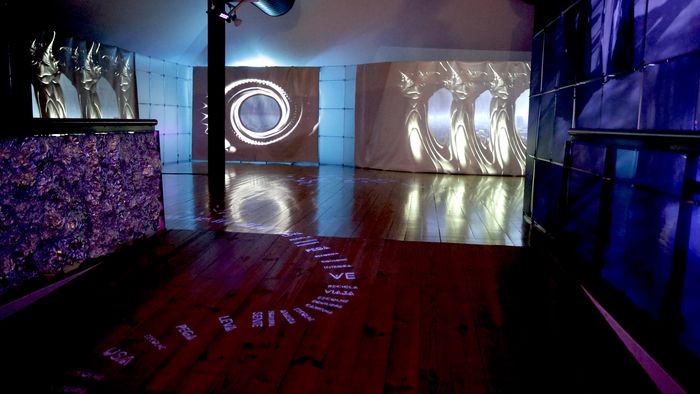Jabulani Maseko (South Africa, 1977) was born and raised in Johannesburg during the political regime of Apartheid. He left, by coincidence, in the same year that Nelson Mandela was released from Robin Island and that South Africa changed its political establishment. He lived briefly in the United States of America before moving to the UK, his adoptive country, where he lived most of his adult life in London. After spending a season in Portugal, in 2010 he left for Venice where he stayed a few months at the Bevilaqua la Massa Foundation, being a very important experience for his artistic development.
He took a master’s degree at the London University, in the Slade School of Arts. He exhibited at in London, Luanda, Portugal, France and Switzerland. In various platforms, his work approaches intimate themes related with identity, domesticity and current affairs, being always attentive for questions about integration. His critical sight is based on information absorbed through music, politics and an everyday life filled with activity. Recently, he has been exploring a body of work around the title of ‘Domestic Violence’, considering the situation of the individual inside the family collective.




